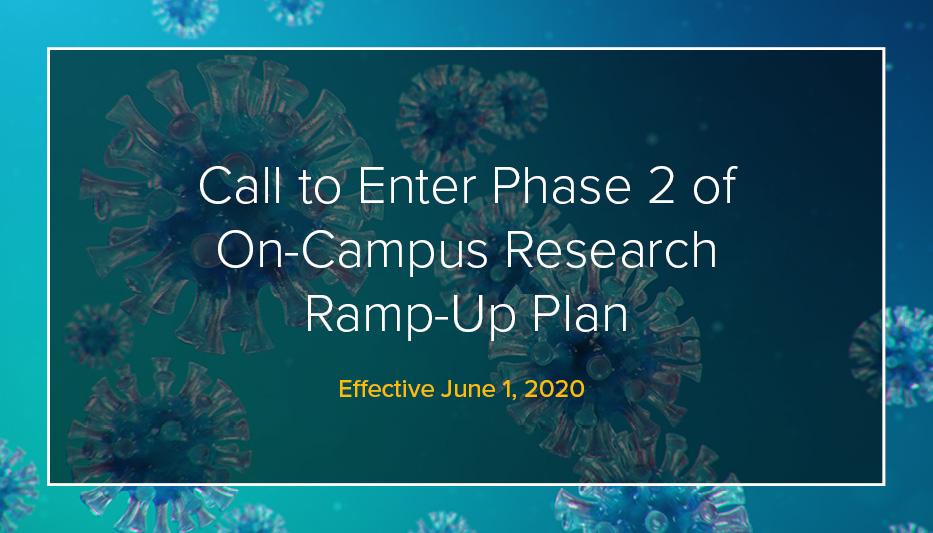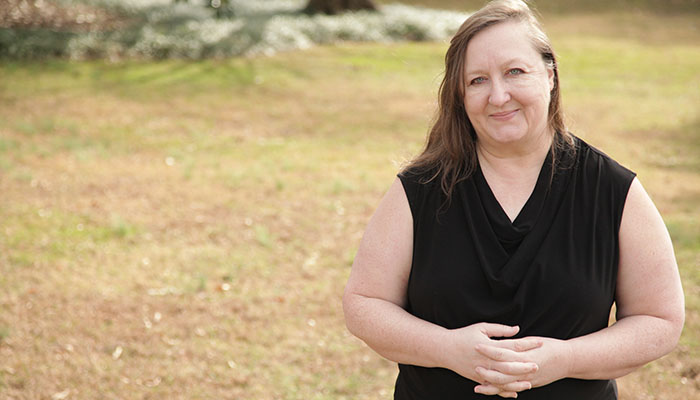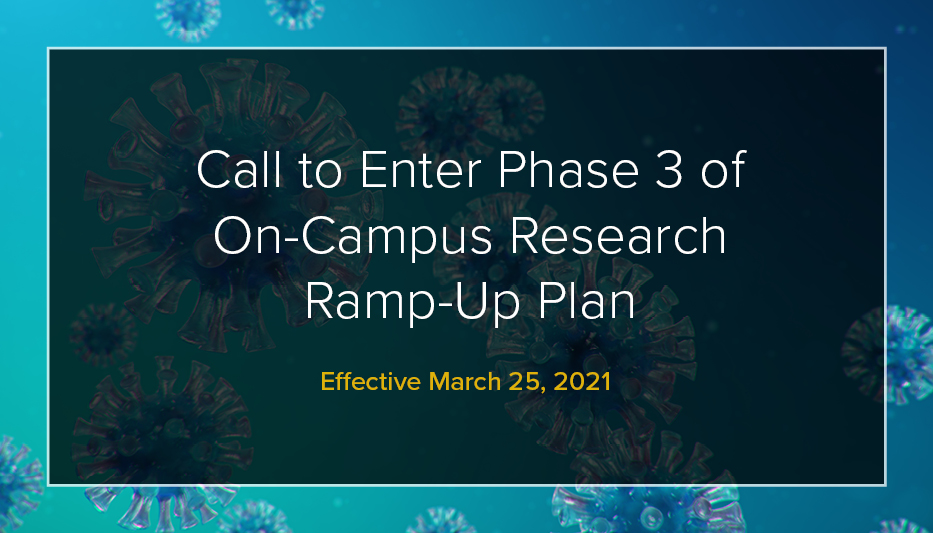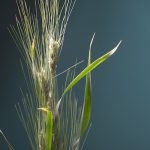Call to Enter Phase 2 of On-Campus Research Ramp-Up Plan
Aligning with the recent updates in guidance from Yolo and Sacramento counties, UC Davis will move to Phase 2 of our Research Ramp-Up Plan effective June 1, 2020.
Highlights of the activities for Phase 2 are summarized as follows:
PHASE 2: Time-sensitive research activities (~33% of research personnel on-site at any time)
- Seasonal data collection such as field and agricultural work, time-sensitive human subject research studies, experiments close to completion, or deadline driven, whose pause or deferral would lead to long delays or loss of research results.
- Generation-driven animal and plant experimentation must be carried out or the value of the animal colony or plant varieties for research will be lost.
- Lab and studio access for students and postdocs close to completing their degree/term of appointment. Research that is critical to meet thesis requirements for a final defense in the upcoming term, or requirements before a graduating student can start a new position that has already been accepted.
- Necessary core facilities should be staffed and operational to support only the ongoing research activities during this phase. Research activities dependent on core facilities may thus be having a gradual ramp-up during this phase and will be vetted through a process defined by the core facilities directors and the concerned Dean/VCR.
- Lab should be able to purchase necessary supplies, including proper PPE and those necessary for proper decontamination of surfaces.
All the ongoing efforts approved for Phase 1 and 1x can choose to move to Phase 2 gradually and cautiously. As planned, there is very little ramping range from Phase 1x to Phase 2. No further approval is required unless mandated by the unit chairs/deans/directors. Restarting of new efforts will have to be coordinated with the chairs/deans/directors corresponding to the units and following the process that was defined for Phase 1x.
Please read through the guidance and continue to utilize our best practices to mitigate the potential for COVID-19 spread in our campus community.
Latest News & Events









